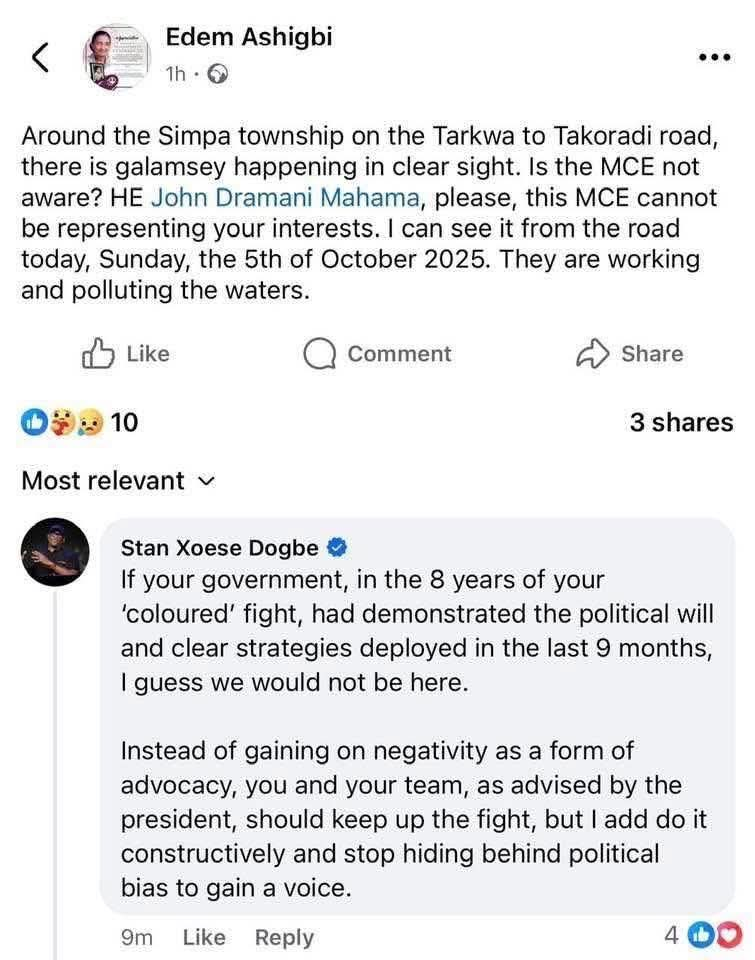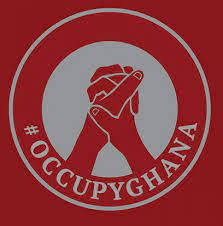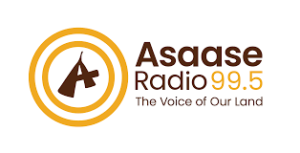Enhancing Social Policy In Ghana: A Shared Responsibilty
Introduction
Both in practice and literature social policy in Ghana has largely been influenced by past and recent experiences of developed Western countries. Several social welfare and economic policy prescriptions discussed in literature are derived from the experiences of these countries. Colonialism had a significant impact on developing countries including Ghana, despite the hegemonic relationship created between colonialists and the colonized. It facilitated the transmission of ideas, including those connected to social policy. Thus the ten (10) year development plan by governor Guggisberg cannot be easily written off in the policy history of Ghana. The present state of social policy in Ghana is mostly viewed against the above background.
This article provides a brief account of social policy in Ghana, its development trajectory, and concludes that public policies can best enhance the lives of citizens when they are designed, implemented, and evaluated through multi stakeholder approaches.
Defining social policy
In simple terms, social policies are public services or programs that govern the well-being of citizens, and they revolve around an original five as captured by Beveridge in 1936: social maladies of poverty, poor health, inadequate housing, lack of education and unemployment. However, the current thinking and doing on social policy has been expanded to include issues of infrastructure, roads and potable water. There are several other definitions within the policy literature, yet whether one views them as limited or broad, all definitions contain three objectives and underlying value judgements. First, social policies aim to be beneficent – policy is directed to provide welfare for citizens. Second, they include economic as well as non-economic objectives. E.g., minimum wages, minimum standard of income maintenance etc. Thirdly, they involve some measure of progressive redistribution in command-over-resources from rich to poor.
The Making of Ghana’s Social Policy
Ghana’s pre- and post-independence endeavours in public policy making have been critically influenced by colonialism and the policy prescriptions of the Bretton Woods Institutions (IMF & WB). Within these prescriptions, there is a strong push for economic development as a prerequisite for social development. However, as Ghana’s experience has shown, achieving economic targets do not automatically translate into social welfare provisioning without conscious efforts to develop and implement policies on social welfare and development.
The social policy of then Gold Coast as contained in Governor Guggisberg’s Ten Year Development Plan had significant linkages with social policy development in the UK. The mostly agrarian character of the post-independence economy of Ghana and the ideological orientation of the CPP government led to significant investments in education, health, and import substitution industrialization as a means of addressing issues of poverty, unemployment, and illiteracy. However the state dominated economy that rested on a vast small holding peasantry and large numbers of state-run import substitution industries faced major crises in the mid-1960s, under the weight of growing population, unemployment, widespread poverty, increasing cost of oil imports, and widening trade deficits. The situation led to the overthrow of the Nkrumah regime and the subsequent counter coups that plunged the country into what contemporary political economists called the lost decade of Africa characterised by dire macro-economic indicators viz. stagflation, poor exchange rate regime, falling prices of traditional exports etc. The country’s economic situation from the late 1960s to the 80s had severe negative impact on social services, education, health, utility supply, jobs among others.
By the mid-1980s the country was ripe to respond positively to new economic dogma of neoliberalism. The adoption of a liberal economic agenda under the guise of economic recovery and structural adjustments by the PNDC government was the consequence. While the reforms led to economic stability and minimal growth, their impact on the social wellbeing of Ghanaians were far reaching: growing income inequality, widespread poverty, decline or stagnation in real wages, steady devaluation of the local currency, growing rural urban disparities, withdrawal of subsidies on social services including health and education. Realising that these neoliberal economic policies did not yield any social dividend, and had in fact worsened the economic plight of the majority Ghanaians, the architects of the reforms decided to add a pseudo-social policy dimension. What ensued was the Programme of Action to Mitigate the Social Cost of the Adjustment (PAMSCAD) an afterthought to Economic Recovery Programme/Structural Adjustment Programme (ERP/SAP). This programme failed woefully to give the much touted “human face” to the adjustments, partially because the funds supplied for the projects were poorly utilised, and more importantly because PAMSCAD was supply oriented, that is to say the programme arose out of the whims and caprices of donors with rarely any ownership by the people and Government of Ghana.
Since the return to constitutional rule in 1992, successive governments have made efforts to enhance the social wellbeing of Ghanaians through the formulation of different national development programmes and plans. These include Vision 2020 of NDC (1), Ghana (and later Growth and) Poverty Reduction Strategy (GPRS I and II) of the NPP, and the Ghana Shared Growth and Development Agenda (GSDA) of NDC (2). Perhaps though, the only programme that had direct focus on addressing extreme poverty was the Livelihood Empowerment Against Poverty Programme (LEAP) of the NPP. The central theme of LEAP is the provision of conditional cash grants to means-tested extremely poor Ghanaains..
The challenges and SOPDAP’s Role
The above national development programmes and plans, in addition to dozens of scattered government, donor, NGO and private sector social programmes, have been implemented in Ghana over the years. However, in the face of limited multi-stakeholder engagement, adhocism, limited budgetary allocation, lack of coordination and fragmentation of programmes, corruption and political interference, the envisaged ends are far from being realized. Thus the results today are rising unemployment, inefficient delivery of social services such as healthcare and education, poor sanitation, inadequate housing etc.
While not discounting all the good efforts to ameliorate the social conditions, it is obvious that an independent voice outside implementation circles that not only maintains advocacy on social policies, but also uses evidence to make intellectual contributions and analysis to their formulation and implementation as part of a sustained multi-stakeholder engagement regime, is urgently needed. Such a voice will thus take the policy debate away from the otherwise emotive, poisoned and partisan political environment.
The emergence of Social Policy and Development Advocacy Platform (SOPDAP), the brainchild of a cohort of researchers, educationists, development practitioners, a traditional ruler, security officers, who graduated from the Centre for Social Policy Studies of University of Ghana, Legon, is in response to the above need, and inspired by the desire to create a critical mass with a common vision of ensuring social change in the development of Ghana.
SOPDAP will influence and set the agenda on social development issues in Ghana, and make intellectual contributions to social policy issues, that will lead to improvement in social policy making, service delivery and contribute to knowledge.
SOPDAP has the following critical objectives:
- To be a platform for the initiation and advocacy on social policies
- To sustain discussions on social development issues
- To contribute to research and scholarship in social policy and development
- To serve as idea brokers on social policy and development
- To promote professionalism among social development practitioners and advocates
By these objectives SOPDAP proposes a multi-stakeholder approach to social development in Ghana. While admitting that multi-stakeholder engagement has seen progressive improvement since it was made part of the World Banks’s ‘conditionality’ for accessing its poverty reduction funds, and the government has formalized it in most policy documents, there is more room for improvement both on the supply and demand sides.
On the supply side, government needs to improve the quality of its engagements. The use of non-technical language, equal partnerships, accountability, flexibility and inclusiveness are all matters that need to be addressed to ensure that government is truly committed to the process. On the demand side, citizen groups, think tanks and CSOs must bring social issues to the table and proactively mobilise social, human, financial and technical resources to sustain discussions and ensure that issues they raise are addressed fully.
It must also be noted that multi-stakeholderism, which brings citizens closer to decision making processes, has benefits both intrinsically and instrumentally. Intrinsically, participation in multi-stakeholder decision making processes symbolizes the democratic rights of citizens to participate in decisions that affect them. Instrumentally, such processes lead to better decisions and the possibility of social policies being successful because of ownership and support from engaged citizens.
While it is not the only requirement for ensuring success of social policies, the absence of or inadequate multi-stakeholder engagement is the surest way for social policies to fail. Therefore while we are making it a duty to engage the government on its social policies to ensure that this country moves forward, it is our sincere hope that ongoing and new social development interventions by state agencies and ministries would harness the ideas of civil society organisation like SOPDAP among others
Evans Gyampoh <evansgyampoh@gmail.com>
This post has already been read 1054 times!










Post Comment